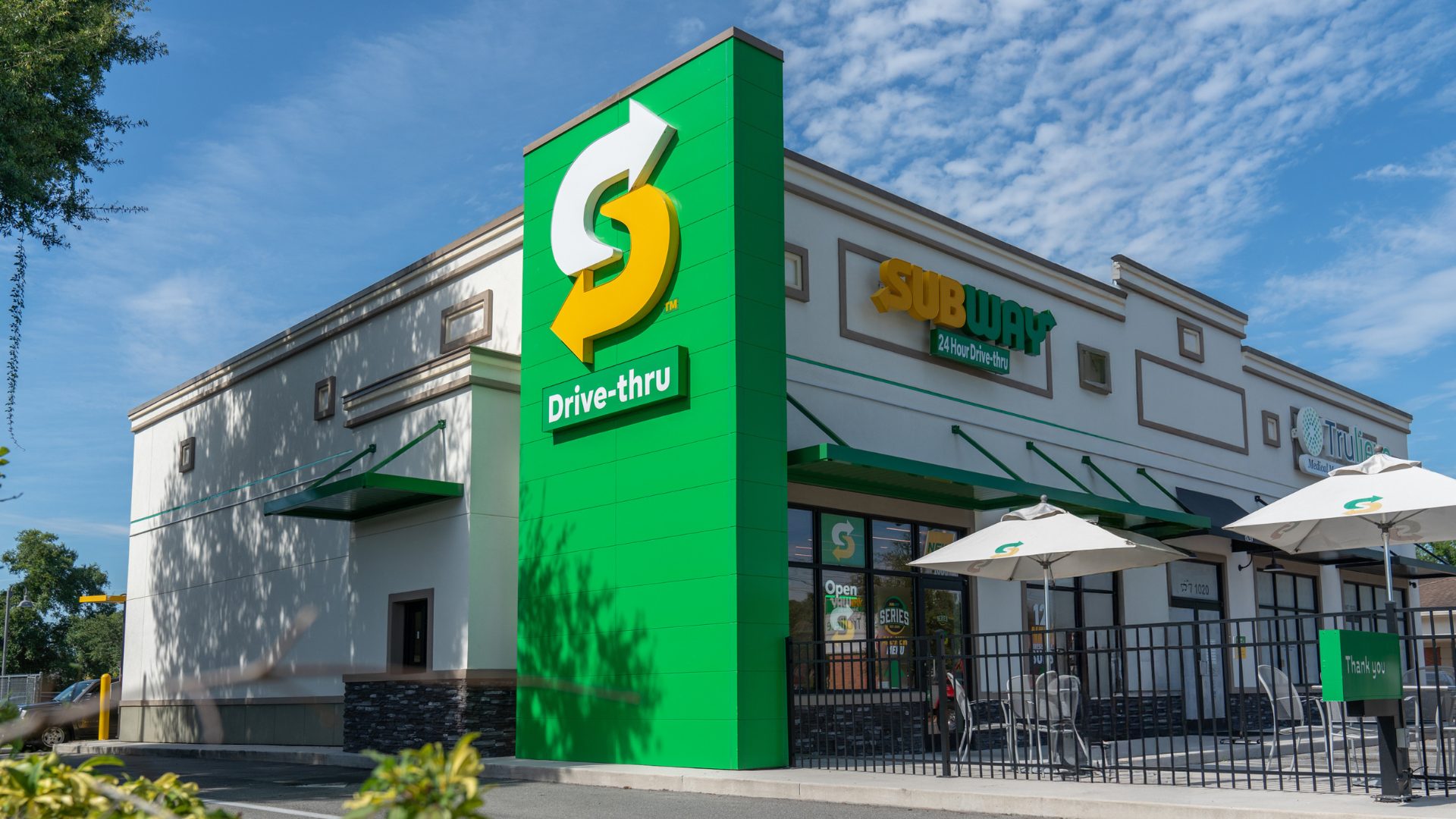While some people have strayed from regular diet and exercise routines over the course of the pandemic, others have capitalized on the new stay-at-home lifestyle by focusing on wellness.
Against this backdrop, and ahead of New Year’s resolutions and promising signs that life could return to some normalcy during the back half of 2021, Americans are re-assessing dietary habits and considering changes as 2021 approaches.
Despite the admirable efforts of some consumers to focus on healthier eating during the pandemic, they appear to be in the minority.
In a survey published in July by OnePoll on behalf of Nutrisystem, 76% of respondents said they had gained up to 16 pounds during the pandemic. Further, almost 70% of people said they were snacking out of boredom, and 40% said inconsistent eating schedules have tipped the scales higher.
With that, Americans are likely to make some dietary changes. And the food and beverage industries are taking note. Not only by providing a steady stream of new products that align with changing consumer attitudes, but also through mergers and acquisitions to capitalize on growing consumer trends.
One movement that has gained steam over the past few years and shows no signs of stopping is the growth of the plant-based food market, with nearly a quarter of the U.S. population trying new plant-based meat alternatives, according to a study from Herbalife Nutrition.
Since the pandemic, buying spree sales of plant-based foods are up 35% as more Americans who do not define themselves as vegan/plant-based are trying the new meatless offerings entering the market, reported The Beet (Nov. 12).
In fact, U.S. retail sales of plant-based foods rose 11.4% in the past year and 29% over the last two years, bringing the total plant-based market value to $5 billion, according to the Plant Based Foods Association. The plant-based meat category alone is worth more than $939 million.
In addition to the health benefits of consuming less red meat and dairy products, many consumers are latching on to plant-based alternatives for the taste alone.
Piggybacking on the popularity of plant-based foods is a potential rise in the vegetarian/vegan lifestyle. With consumers increasingly aligned with environmental and socially responsible causes, many people are having second thoughts about meat-based diets and steering clear of animal products in effort to live a healthier, more eco-friendly life.
Another healthier alternative that Americans are taking note of is the non-alcoholic beverage segment. While adults who enjoy the physical effects of alcohol may question why such a category even exists, there is no denying that people are looking for more sophisticated, non-alcoholic drinks to consume without the impairments or possible weight gain associated with alcohol.
Globally, the non-alcoholic drink market size is estimated to reach $1.6 trillion, by 2025, and is projected to grow at a CAGR of 5.3% from 2019 to 2025.
Non-alcoholic drinks aren’t the only beverage segment on the rise as Americans look to healthier options.
Beverage companies are delivering low- and no-sugar options that continue to gain ground in the market, and as consumers become more aware of health issues related to sugar and sweetener consumption, these drinks are expanding in popularity.
An OutsideVoice Sweetening Study by Archer Daniels Midland showed that 67% of consumers are either somewhat or very concerned about sugars and sweeteners, and 39% indicated that reduced sugar is important to them when it comes to convenience food, drinks, and snacks.
In addition to consumers moving to healthier alternatives, the pandemic will likely continue to have an impact on when and where we eat. Among Whole Foods’s projections for 2021 is a renewed focus on breakfast, with the company and its competition rolling out a steady stream of new products targeting the first meal of the day.
Along the same lines, with the virus surging and COVID-19 restrictions continuing to constrain dine-in restaurant operations, consumers will increasingly take advantage of DoorDash, GrubHub and other delivery service providers as online food ordering becomes more mainstream. Eateries, for their part, have been investing in new online ordering technologies and ghost kitchens to adapt to growing take-out business. According to a recent Food Institute podcast, Euromonitor projects that ghost kitchens could be a $1 trillion business by 2030.
While the pandemic affected consumers in a variety of ways in 2020, it had a major impact on our food consumption habits, and the effects of these changes will likely carry over for some time.












